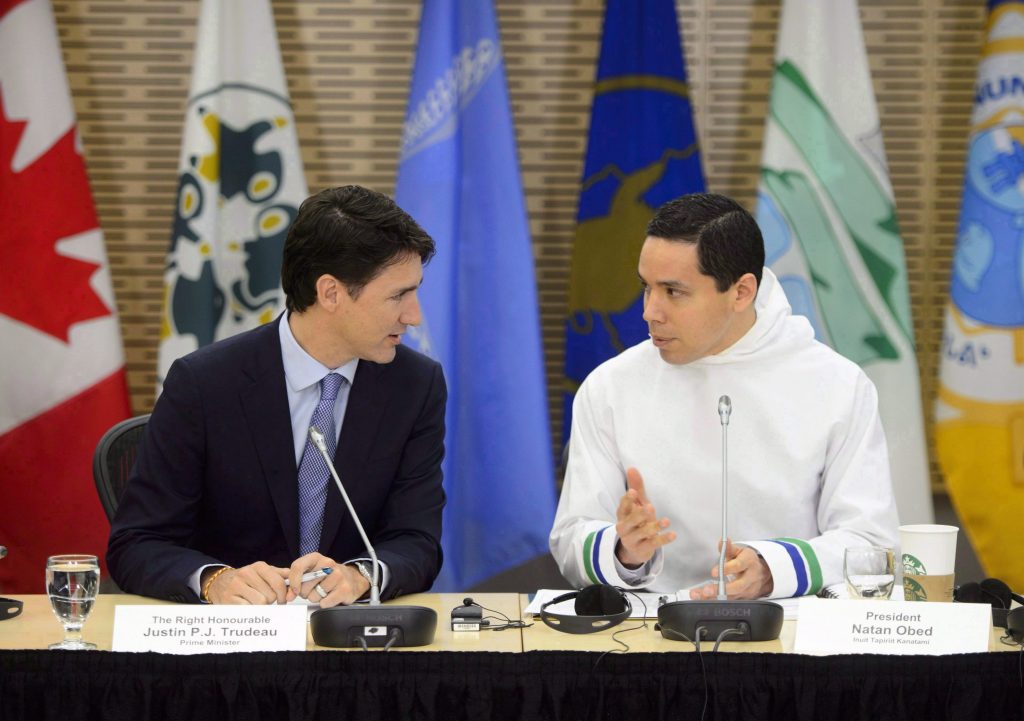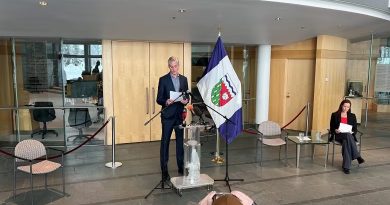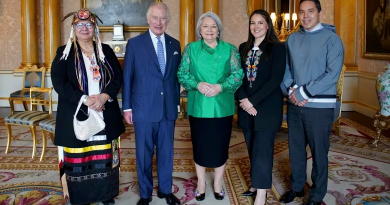Inuit priorities should be part of Canadian nation building, national org. tells campaigning parties

With the Canadian election campaign in full swing, Inuit Tapiriit Kanatami (ITK), Canada’s national Inuit organization, is calling on the next government to consider Inuit priorities and include them in its next program.
The recommendations include investments in everything from suicide prevention and housing, to renewable infrastructure, education and research.
The organization also emphasised the importance of Canada’s Inuit regions (referred to by Inuit as Inuit Nunangat) and challenged the national parties to incorporate these regions into their platforms as they do with other parts of Canada.
ITK also challenged the next government to integrate Inuit Nunangat into their programs as a nation-building exercise en par with the Trans-Canada Highway or transnational railroad built to connect western and eastern Canada.
“ITK calls on all parties to commit to implementing an Inuit Nunangat policy throughout government, to ensure that Inuit are able to access and benefit from policies, programs and initiatives that are intended to benefit our people,” said Natan Obed, president of Inuit Tapiriit Kanatami in a news release on Friday.
Obed also stressed the effects of climate change, lack of infrastructure and socio-economic inequalities in Canada’s Inuit regions compared to the rest of the country.
A set of recommendations
With one-third of Canadian Inuit under the age of 14, the population is also disproportionately affected by the health, education and social policies applied at national level, said the news release, outlining several recommendations.
ITK is calling on the next federal government to take action on Inuit priorities and bring #InuitNunangat into the rest of Canada as a nation building exercise. Read more at https://t.co/j4ZT6yQjyS pic.twitter.com/cDBFfP8dT6
— ITK (@ITK_CanadaInuit) September 20, 2019
The document also calls for the government to tackle the calls for justice laid out by the National Inquiry into Missing and Murdered Indigenous Women and Girls (MMWIG).
The MMWIG inquiry was established by Canadian Prime Minister Justin Trudeau in September 2016 after years of campaigning by Indigenous activists and leaders to address the high levels of violence against Indigenous women and girls.
The final report was released on June 3 and includes 231 calls for justice and the conclusion that Canada’s treatment of cases has amounted to a genocide.
In addition to these recommendations, ITK published its 2020 Pre-Budget Submission calling for “major federal investments in climate action and renewable energy, infrastructure, Inuit-led research, and Inuit primary education.”
ITK represents the approximately 65,000 Inuit in Canada on a wide variety of environmental, social, cultural, and political issues.
Inuit Nunangat refers to Canada’s four Inuit regions: the Inuvialuit Settlement Region in the Northwest Territories; Canada’s eastern Arctic territory of Nunavut; Nunavik in northern Quebec and Nunatsiavut in the Atlantic province of Newfoundland and Labrador. Inuit Nunangat includes 51 communities and encompasses roughly 35 per cent of Canada’s land mass and 50 per cent of its coastline.
Related stories from around the North:
Canada: Health care, housing and infrastucture: 3 election issues to watch in Arctic Canadian community, CBC News
Denmark: Faroe Islands host Arctic Circle Forum, trumpet “infrastructure miracle”, Blog by Mia Bennett
Finland: Education, wage subsidies key in Finland’s budget for 2020, Yle News
Greenland: Greenland braces for coalition talks to cut through election result murk, Eye on the Arctic
Norway: “The ‘Smart Arctic’ is Indigenous,” Saami leader tells Arctic Frontiers, The Independent Barents Observer
Russia: Career diplomat to represent Murmansk region in Russian senate, The Independent Barents Observer
Sweden: Swedish gov’s budget raises fears over inequality, Radio Sweden
United States: U.S. Justice Department to send millions to rural Alaska law enforcement, Alaska Public Media



